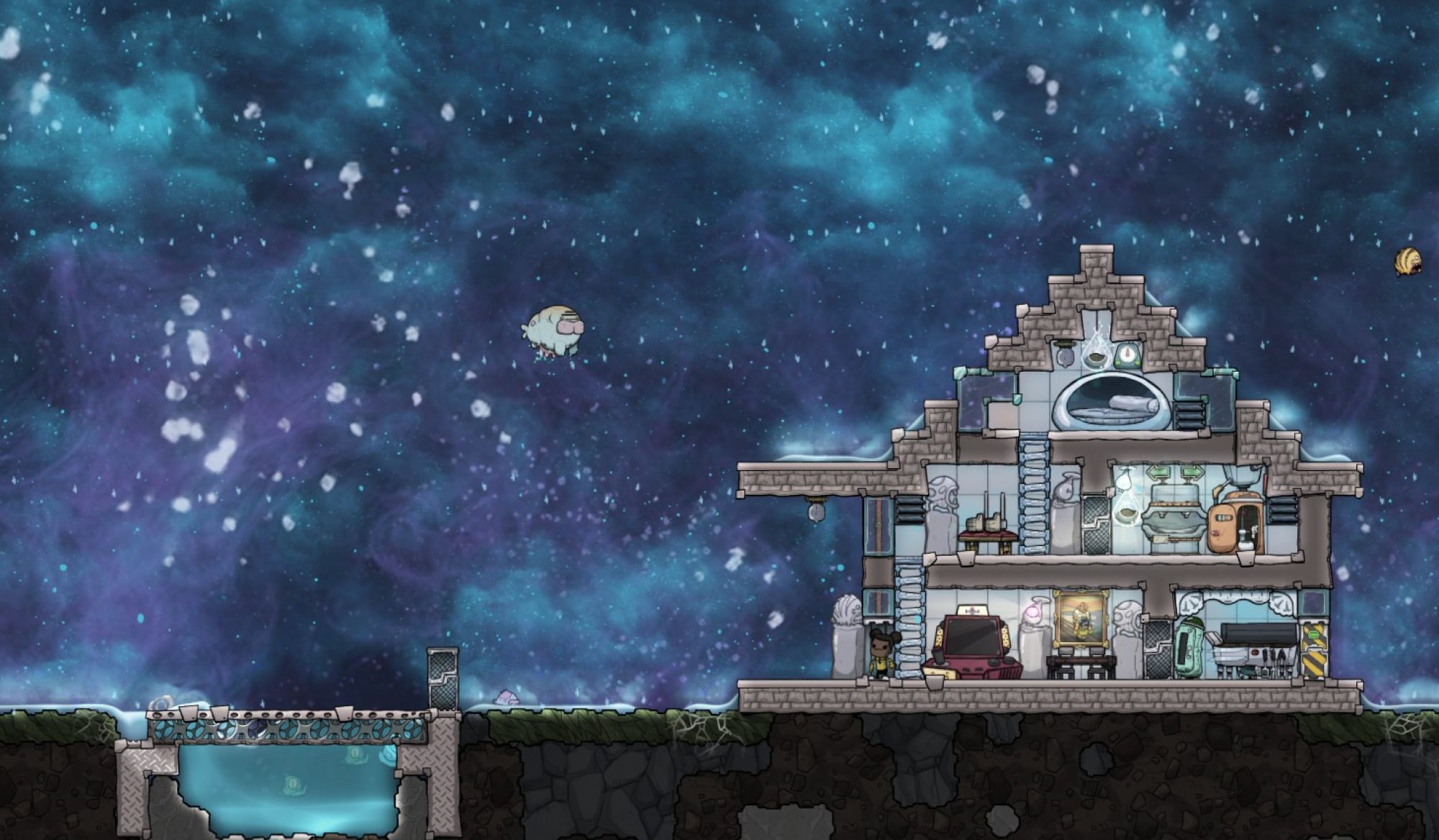所謂的完成式過去和現在是一致。然而,若想描述過去和現在不一致的話,英文只有兩個字可以用,也就是「used to & would」。因為這種特性,筆者發明了這個名詞:「不完成式」。
used to = 以前常。和完成式的差異只在於現況反轉。例如 I used to smoke in high school. = 我以前常抽煙(但現在不抽了)。I have often smoked since high school. = 我從高中開始常抽煙(現在也常抽)。I often smoked in high school. = 我高中常抽煙(未指出現況)。
didn’t use to / never used to / used not to = 以前不常。注意,didn’t 把 used 還原成 use。而 never 強化語氣,最後 used not to 是正式語氣。例如 I didn’t use to smoke. = 我以前不常抽煙(但現在很常抽)。I haven’t smoked a lot since high school. = 我從高中就不常抽煙(現在也不常抽)。I didn’t smoke a lot in high school. = 我高中不常抽煙(未指出現況)。
used to stative verb = 以前曾。因為 stative verb 用於描述狀態,因此就不是「常常」的意思了。和完成式的差異仍在於現況反轉。例如 I used to have short hair in high school. = 高中曾留短髮(現在是長的)。I have had short hair since high school. = 從高中就留短髮(現在仍是短髮。P.S. 這邊的 had 是過去完成式)。I had short in high school = 高中留短髮(未指出現況)。
didn’t use to / never used to / used not to stative verb = 以前不曾。例如 I never used to have short hair. = 不曾留過短髮(現在是短髮)。I have never had short hair. = 不曾留短髮(現在仍是短髮。P.S. 這邊的 had 是過去完成式)。I didn’t have short hair in high school. = 高中沒留短髮(現況不知道)。
would = 過去常會。也是描述現況反轉,較 used to 更強調重覆動作,也因此不接 stative verb。例如 Mom would make us beans on toast when we were in elementary school. = 過去常會準備食物給我們吃(現在不會了)。
參考 → 情狀受知動詞 Stative Verb 不接 ing or 習慣 would🔗 ←
若連續描述「過去常常」,會先用 used to 開頭再接 would。例如 When we were kids, we used to invent amazing games. We would imagine we were the government and we would make crazy laws that everyone had to obey. (Ref.)

本例句使用 would 暗指現在不會 kiss 銅像了(因為被偷了),後面的 every time 指出「每次」,特別適合 would 強調重覆動作的用法。也就是說,本例句較不適合用 used to。
Be Used To = 是適應的
I am used / accustomed to the noise. = 我是適應的對於噪音。I am not used / accustomed to studying under the noise. = 我是不適應的對於學習在噪音底下。You’ll get used / accustomed to the noise. = 你最後會變成適應的對於噪音。注意這邊的 to 後面接名詞或動名詞。
Every time I face, there would be a huge consumption.


